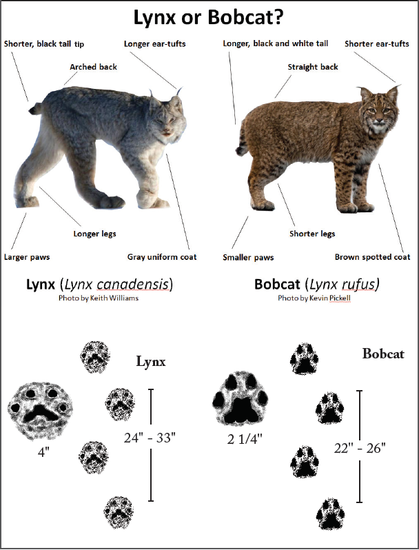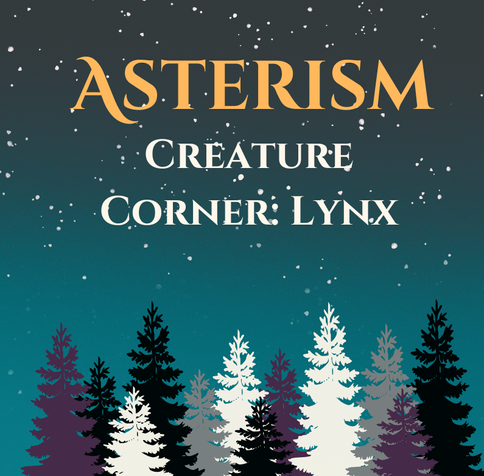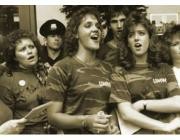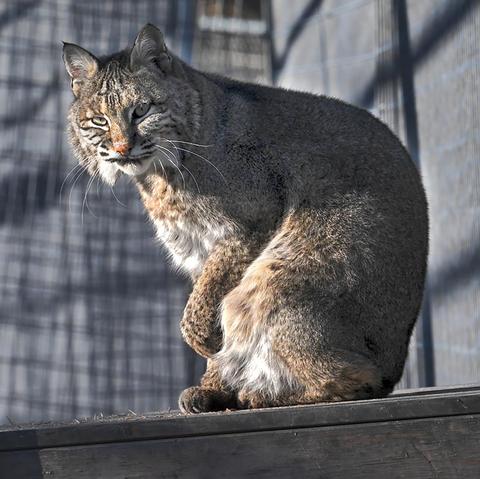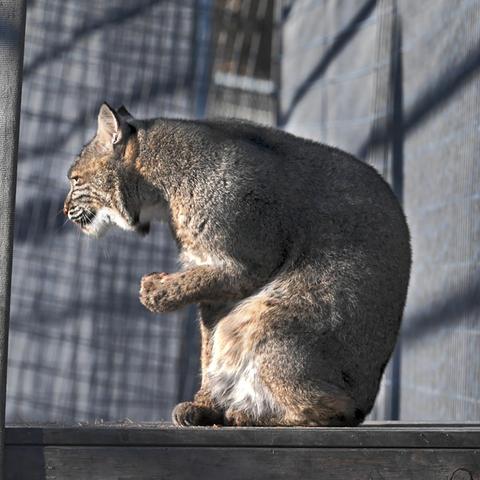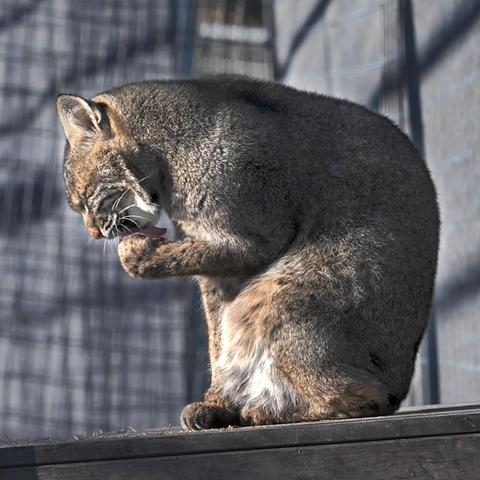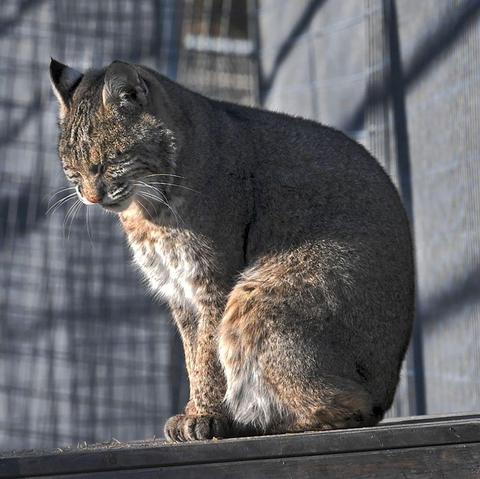The beautiful and elegant #Oncilla is a #wildcat found in #SouthAmerica. They are #vulnerable due to #deforestation for #gold and #palmoil
️ and are hunted for their fur
#Boycottpalmoil #Boycott4Wildlife #BoycottGold4Yanomami @palmoildetect https://palmoildetectives.com/2021/08/14/northern-tiger-cat-oncilla-leopardus-tigrinus/?utm_source=mastodon&utm_medium=Palm+Oil+Detectives&utm_campaign=publer
Recent searches
Search options
#wildcat
Beautiful Giselle Serval's Story
#serval #servalcat Servals #servalcats #wildcat #wildcats #TCWR #TurpentineCreek #GFAS #GlobalFederationAnimalSanctuaries #RescueToRefuge #Sanctuary #BigCat #Cats #refuge
In our recent episode, I learned that a #bobcat & a Canadian #lynx can reproduce (creating a hybrid called a Blynx)!
And, uh, well, we should prob leave them alone (you know, since scientists put a tracking collar on one too tightly in 2003 and it starved to death )
PROTECT. THE. BLYNX.
Listen here for the full story & more about #lynx: https://starrytimepodcast.podbean.com/e/lynx-creature-corner/
:https://wdfw.wa.gov/species-habitats/species/lynx-canadensis#desc-range
In this week's episode, we're in #CreatureCorner to learn about the animal eponym of the #constellation #lynx!
Listen here: https://starrytimepodcast.podbean.com/e/lynx-creature-corner/
Today in Labor History February 19, 1990: After a 10-month strike, rank-and-file miners at the Pittston Coal Co. ratified a new contract. Ninety-eight miners and a minister occupied a Pittston Coal plant in Carbo, Virginia, inaugurating the year-long strike. While a one-month Soviet coal strike dominated the U.S. media, the year-long Pittston strike received almost no media coverage in the U.S. The wildcat walkouts involved 40,000 miners in Virginia, West Virginia and Kentucky. Over 2,000 people occupied Camp Solidarity. Miners and their families engaged in Civil Disobedience, pickets, work stoppages and sometimes sabotage, vandalism and violence. Over 4,000 were arrested.
After snacks, and a pre-naptime bath for a pretty bobcat named Sioux.
Today in Labor History January 28, 1918: General strikes occurred in the large cities throughout Germany. The Berlin strike lasted through February 3. Over 4 million workers participated.
Well acted, beautifully shot, and interestingly staged, Wildcat and its story of the writing life of Flannery O'Connor, combined with depictions of her short stories, is a contemplative work that covers the nature and complexity of creativity, devout religious faith, and the intertwining of both with writing truth, and truthfully.
When she fell, it triggered a visceral response reminding me of my ongoing, physical struggle.
This is starting soon, the live premiere of #Wildcat on #TheCriterionChannel, 8pm ET.
From: @ricardoharvin
https://mstdn.social/@ricardoharvin/113879524259225459
Live premiere this Sunday, January 26, 2025 at 8pm ET, preceded at 7:15 by an Instagram Live introduction by director Ethan Hawke and lead actor Maya Hawke:
Discovered today that the #Charger #Wildcat #Safety car in #Gran #Turismo 7 goes like a wild cat indeed. #playstation4 Yes, yes, I'll get back to #LastofUs2 soon.
Day 14
Here's my photo of a wild Bobcat kitten (Felis rufus), Tucson, AZ, USA ©Carl R. Englander
End of the Line: Wildcat Detroit, 1973 - Point Blank!
Pamphlet by San Francisco situationist group in praise of wildcat strikes at a power plant and car factories in Detroit, 1973.
PDF: https://files.libcom.org/.../PointBlank-EndOfTheLine.pdf
Source: https://libcom.org/.../end-line-wildcat-detroit-1973...
Today in Labor History December 3, 1946: Women retail clerks at Hastings and Kahn’s launched the Oakland General Strike, the last General Strike to occur in the U.S. Other workers soon joined in. Overall, more than 100,000 workers participated in the 3-day Oakland General Strike, which was part of the 1945-1946 strike wave, the largest strike wave in US history. Over 5 million workers participated in the nationwide strike wave, including 225,000 UAW members, 174,000 electric workers struck, 750,000 steel workers, 250,000 railroad workers. There were several other General Strikes in 1946, too, including Lancaster, PA; Stamford, CT; Rochester, NY. In reaction to this strike wave, Congress passed the Taft-Hartley Act in 1947, which severely restricted the powers and activities of unions. It also banned General Strikes, stripping away the most powerful tool workers had.
The graceful and beautiful small #wildcat the #margay is now 'Near Threatened' by #hunting, #palmoil #soy #meat agriculture in #Mexico #Brazil #Venezuela #CostaRica #Colombia. Help them survive and #Boycottpalmoil #Boycott4Wildlife
http://palmoildetectives.com/2023/11/26/margay-leopardus-wiedii/
My suburban backyard had a visitor today. Spent a bunch of time circling the big briar tangle intently, like it knew something was hiding there.
Artist: #SMOK in City: #PetitHallet /Rue de Mileu 1 (Cour des arts) / Belgium
09/2024 - Title: "Ocelot" - #Art #Streetart #Mural #Artist #WildCat #Ocelot #GoodMorning !
Website: https://smok.be/








